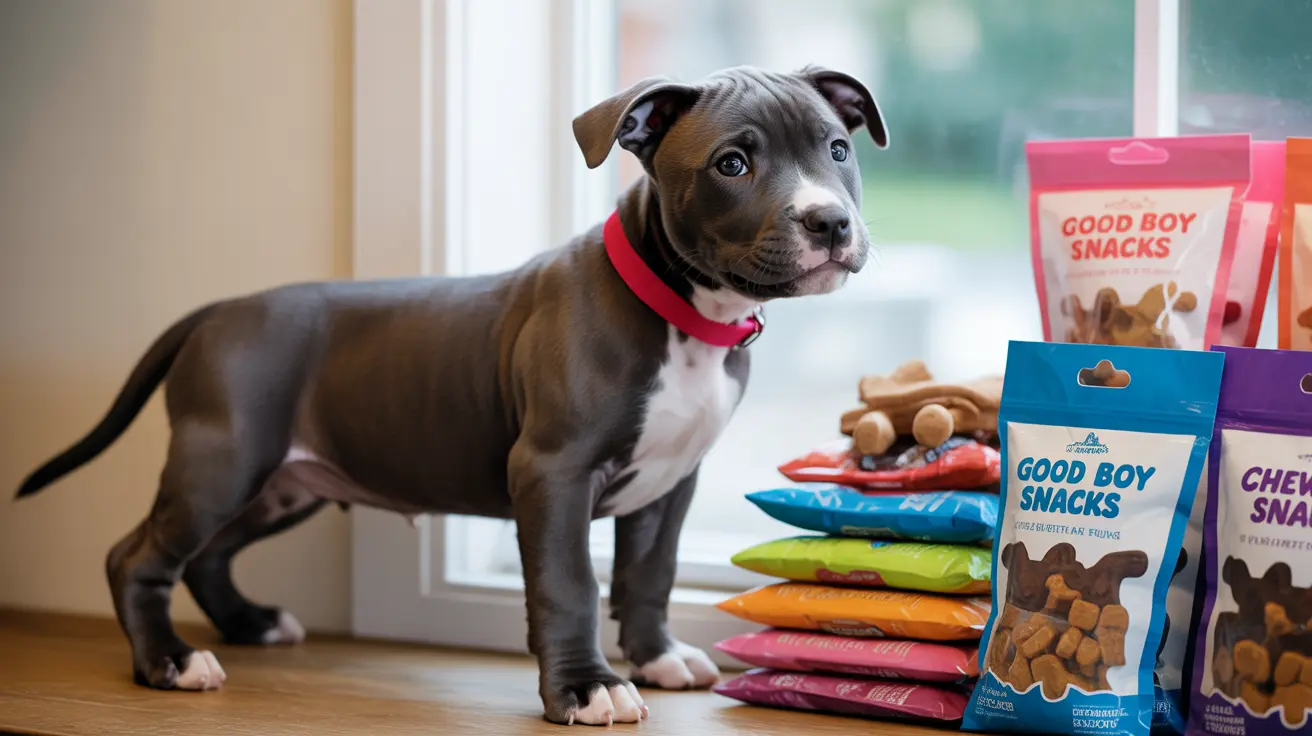Considering adding a Pit Bull to your family? Understanding the true cost of ownership, from initial purchase to lifetime care, is crucial for making an informed decision. This comprehensive guide breaks down all the expenses you'll encounter as a Pit Bull owner, helping you plan and budget effectively.
Whether you're looking to adopt from a shelter or purchase from a reputable breeder, we'll explore every aspect of Pit Bull costs, including hidden expenses that many prospective owners overlook. Let's dive into what you can expect to pay for these loyal and energetic companions.
Initial Purchase or Adoption Costs
The upfront cost of acquiring a Pit Bull varies significantly based on your chosen path. Breeder prices typically range from $500 to $2,500, with premium bloodlines commanding even higher prices. Show-quality puppies with champion lineage can cost upwards of $5,000.
Adoption offers a more budget-friendly alternative, with shelter fees typically ranging from $50 to $400. These fees often include initial veterinary care, vaccinations, and spaying or neutering, making them an excellent value for cost-conscious pet parents.
First-Year Expenses
Beyond the initial acquisition cost, your first year with a Pit Bull involves several essential expenses:
- Veterinary care and vaccinations: $200-500
- Basic supplies (crate, bed, toys): $200-400
- Training classes: $200-600
- Food and treats: $480-1,200
- Pet insurance: $360-600
Monthly Maintenance Costs
Regular monthly expenses for a Pit Bull typically include:
- Premium dog food: $40-100
- Preventative medications: $20-40
- Insurance premiums: $30-50
- Toys and treats: $20-40
- Grooming supplies: $10-30
Healthcare Considerations
Pit Bulls are generally healthy dogs, but they can be prone to certain medical conditions that may affect your long-term costs. Common health issues include:
- Hip dysplasia
- Allergies
- Skin conditions
- Heart disease
Setting aside an emergency fund or investing in comprehensive pet insurance can help manage unexpected veterinary expenses.
Cost-Saving Strategies
Several strategies can help reduce the financial burden of Pit Bull ownership:
- Choose adoption over purchasing from a breeder
- Buy supplies in bulk when possible
- Learn basic grooming techniques
- Maintain preventative care to avoid costly health issues
- Consider pet insurance early to lock in lower rates
Regional Price Variations
Location significantly impacts both initial and ongoing costs. Urban areas typically see higher prices across the board, while rural locations may offer more affordable options. Here's a general breakdown of puppy prices by region:
- Northeast: $800-2,500
- Southeast: $700-2,200
- Midwest: $600-2,000
- Southwest: $700-2,300
Frequently Asked Questions
How much does it typically cost to buy a Pit Bull puppy from a reputable breeder?
A Pit Bull puppy from a reputable breeder typically costs between $500 and $2,500. The price varies based on the breeder's reputation, the puppy's bloodline, and geographical location.
What are the usual adoption fees for Pit Bulls from shelters or rescue organizations?
Adoption fees for Pit Bulls generally range from $50 to $400, which usually includes initial veterinary care, vaccinations, and spaying/neutering.
What are the expected monthly and annual expenses for owning a Pit Bull beyond the initial purchase or adoption?
Monthly expenses typically range from $150 to $400, totaling $1,800 to $4,800 annually. This includes food, routine veterinary care, supplies, and insurance.
How do factors like pedigree, location, and breeder reputation affect the price of a Pit Bull?
Premium bloodlines, champion pedigrees, and reputable breeders can increase prices significantly. Urban locations typically command higher prices, and breeder reputation can affect costs by 50% or more.
What are some practical ways to reduce the overall cost of owning a Pit Bull without compromising care?
Consider adoption, buy supplies in bulk, learn basic grooming skills, maintain preventative care, and compare pet insurance options. These strategies can save hundreds or thousands of dollars annually while maintaining excellent care standards.
Conclusion
While the initial Pit Bull price may seem manageable, responsible ownership requires careful financial planning for both immediate and long-term expenses. By understanding these costs upfront and implementing smart money-saving strategies, you can provide excellent care for your Pit Bull while maintaining a reasonable budget.
Remember that while costs are important, the love, loyalty, and companionship a well-cared-for Pit Bull provides are truly priceless. Make sure you're financially prepared for this long-term commitment before bringing your new family member home.






